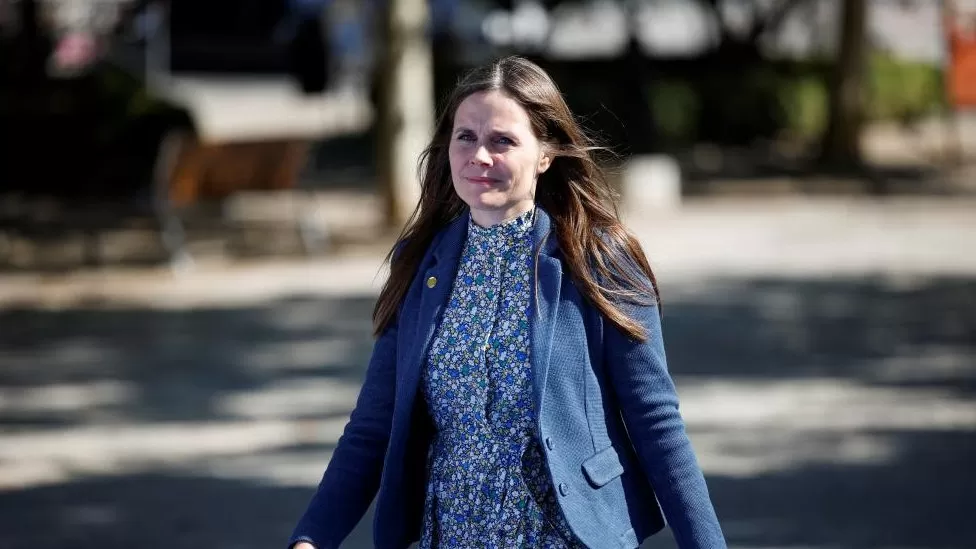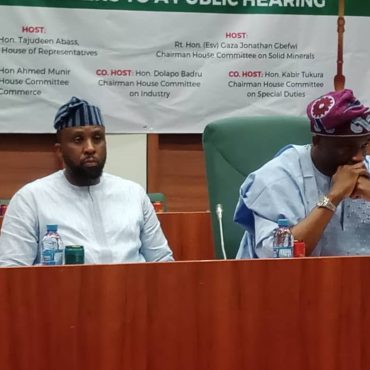Listeners:
Top listeners:
-
play_arrow
Kapital FM 92.9 The Station that Rocks!

Tens of thousands of women in Iceland, including Prime Minister Katrín Jakobsdóttir, are refusing to work on Tuesday.
The “kvennafri”, or women’s day off, has been called in protest at the gender pay gap and gender-based violence.
Fields in which women form the majority of workers, such as healthcare and education, are especially affected.The planned walkout marks the first full-day women’s strike since 1975.
Women and non-binary people have been urged to refuse paid and unpaid work on Tuesday, including household chores. “I will not work this day, as I expect all the women [in cabinet] will do as well,” Iceland’s PM Ms Jakobsdóttir told the mbl.is website ahead of the protest.
Around 80% of workers at the National University Hospital of Iceland, the biggest in the country, are women. Iceland has been ranked the best country in the world for gender equality by the World Economic Forum (WEF) for 14 years in a row. But the country is not completely equal, with the WEF assigning it an overall score of 91.2%.
The volcanic island, which is one of the most sparsely-populated countries, ranks 14th in the world for economic participation, below countries including Liberia, Jamaica and Norway.
Around 90% of Iceland’s female workforce went on strike in 1975, seeking to highlight the importance of women to the economy. The strike prompted the country’s parliament to pass an equal pay law the following year.
Written by: Kevin Nwabueze
Gender Iceland's PM Strikes over Pay Gap
Similar posts
Recent Comments
No comments to show.-

After Hours
With Mayowa Soname
Mayowa Soname takes the reins and invites you into a world of thought-provoking conversations, sultry tunes, and a dash of nocturnal magic. This show is designed to cater to the discerning tastes of adults, offering a curated blend of content that sparks intellect, stirs emotions, and celebrates life's rich complexities.
close Top popular
Chart
-
-
play_arrow
Sunshine Tommy Blues
-
play_arrow
-
-
play_arrow
Red Frank Lee
-
play_arrow
-
-
play_arrow
Eclipse Donna May
-
play_arrow
-
Copyright Kapital FM 92.9 Abuja - The Station that Rocks!









Post comments (0)